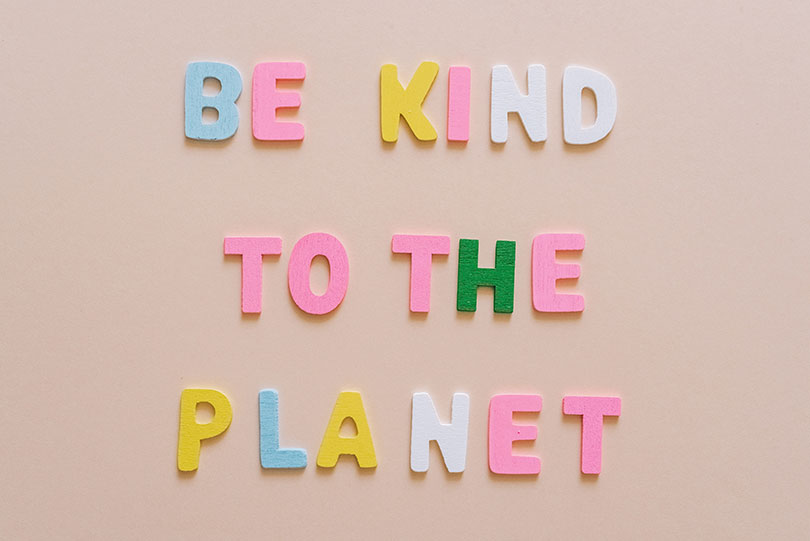
According to recent research for a PwC Global Consumer Insights Survey, consumers care more about sustainability than ever before. In fact, about half of respondents claim to consciously consider factors related to sustainability when making purchasing decisions – wanting to buy from a brand they can feel good about.
Today, people love to know their purchases are making a positive impact on the planet, which is why these environmentally conscious companies (and their eco-friendly products) have earned praise and profits. Let’s take a look…
- Numi – In 2006, Numi was one of the first 30 companies to be certified as a B Corporation. Today, they’re proud to be climate neutral, which means they measure, offset and reduce their annual emissions. Through thoughtful packaging choices (compostable tea bag wrappers made from renewable resources), Numi conserves 3.8 million gallons of water, 3,000 trees and 310,000 pounds of trash every year. And as stated on their website, every purchase helps fight global warming, reduce plastic waste, and provide fair wages and opportunities for tea farmers around the world. Learn more about Numi.
- Allbirds – If you haven’t already, discover the first fashion brand to label every item with its carbon footprint… and then offset it. At this point, the Certified B Corp is 100% carbon neutral, and as part of the brand’s sustainability commitments, they plan to cut their carbon footprint in half by 2025, then reduce it to near zero by 2030. From their casual sneakers to performance trainers to activewear, each product will be produced using regenerative agriculture, renewable materials and responsible energy – all while combining comfort with consciousness. (How’s that for a win-win?) Learn more about Allbirds.
- Aspiration – With an Aspiration credit or debit card, you can do better for your wallet… and the world. For example, at Aspiration, your purchases will never be used to fund the oil or coal industries (which the four biggest banks in America lend more than $210 billion to every year). Plus, you can turn on “Plant Your Change” to help reforest and neutralize your carbon footprint, get up to 10% cash back on purchases at socially responsible businesses, and automatically offset the carbon dioxide from every gallon of gas you purchase. Bonus: Their cards are made from recycled ocean plastic. Learn more about Aspiration.
- Green Toys – At its core, Green Toys is an eco-friendly company that’s committed to sustainability and safety. All toys are made from recycled plastic milk jugs (which diverts material from landfills, saves energy and reduces their carbon footprint), packaged in 100% recyclable cardboard and printed with minimal color using soy ink. Additionally, they are 100% U.S. made, from manufacturing to assembly to distribution, which reduces greenhouse gasses, energy and transportation. Bonus: Every toy box that gets recycled saves one gallon of water. Learn more about Green Toys.
- OSEA – OSEA represents a connection to the ocean, sun, earth and atmosphere, and it’s a company that’s committed to treating our skin and our planet with kindness. Clean, climate neutral and California made, they were able to offset 100% of their carbon footprint in 2020, and they’ll continue doing this annually. All the while, they ensure all products are gluten free, cruelty free and vegan. Learn more about OSEA.
- Thinx – Did you know a woman can go through approximately 11,000 disposable pads/tampons in her lifetime? Multiply that by all the people on the planet who have a period… and you’ll get an overwhelming amount of waste. With that comes Thinx, a company that’s carefully and consciously crafting washable, reusable, period-proof underwear. Each pair can hold up to four tampons’ worth of menstrual fluid, making them a much more sustainable solution. And if that’s not enough, their product bleeds into their purpose of prioritizing menstrual equity, ending period poverty and increasing access to basic hygiene products. Learn more about Thinx.
Interested in the advantages? Of course, going green gives businesses a better brand image, but it can also boost their bottom line. Companies who commit to sustainability benefit from the public’s positive perception, reduced costs, a competitive advantage and tax incentives, and they’re more likely to attract and retain the top talent. Best of all: They get to do some real good in the world… and get to feel really good about it.























